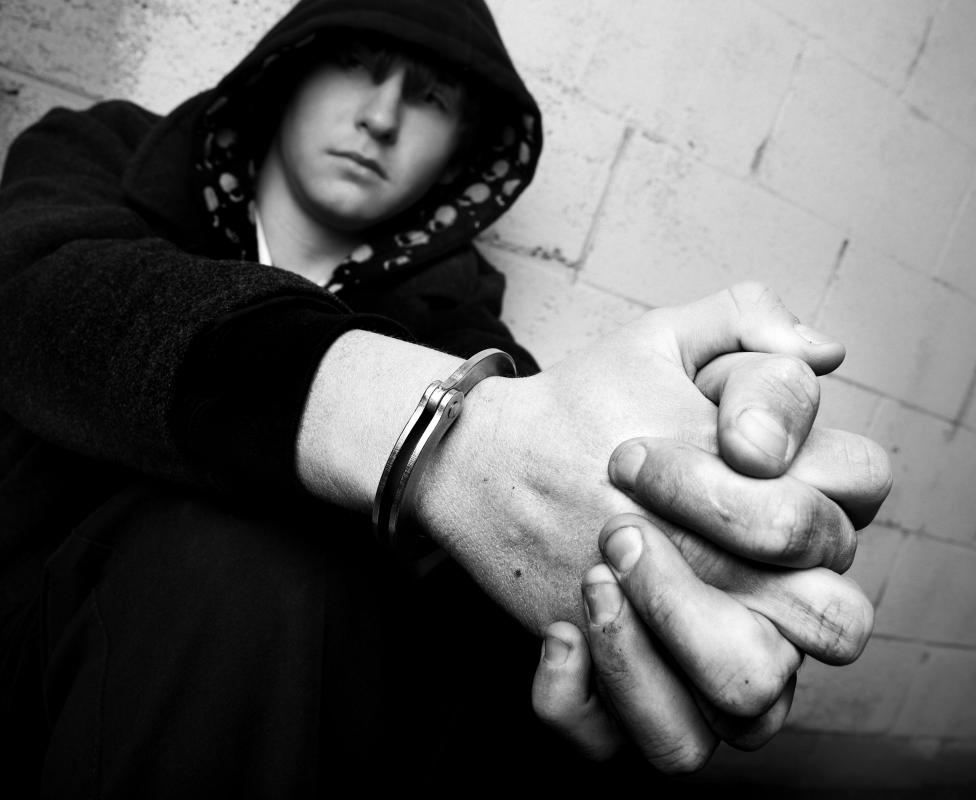At WiseGEEK, we're committed to delivering accurate, trustworthy information. Our expert-authored content is rigorously fact-checked and sourced from credible authorities. Discover how we uphold the highest standards in providing you with reliable knowledge.
What is the Difference Between Parole and Probation?
There are several differences between parole and probation. Most of the misunderstanding regarding the words is that probation officers may also be called parole officers. Essentially the job is the same. The correct term is usually probation officer, even though most people on parole may not exactly be on probation.
Probation is part of a sentence for committing a crime. Essentially, a judge decides how much time a person must serve in jail, guided by the laws of the state, and how much time after incarceration is spent on probation. Sometimes a judge will only sentence a person convicted of a minor crime to one to several years of probation.

While on probation, a condition of the sentence may be to have weekly or monthly meetings with a probation officer. Other conditions might be applied; a person might not be able to drive, for example, or might have a curfew. He or she must also not commit further crimes while on probation, or it may be violated. This empowers the courts to send the person to jail to serve the length of the original sentence, and to serve any additional time for new crimes.

Parole, on the other hand, is granted to people who are in jail. With many crimes, sentencing has a maximum amount of years imposed. These years in jail, however, can be shortened if the person convicted of a crime behaves well in prison. After a time, a person in prison “comes up” for parole.
The decision to grant a person parole is made by a parole board. If the person has done well in prison, and early release is not contested, the board can shorten prison time. There is great motivation to release nonviolent offenders, since many jails are overcrowded.

When a person receives parole, he or she is often bound by many conditions. For example, committing a crime violates the terms of parole and can result in a return to prison. Even failing to regularly meet with a parole officer, (also called a probation officer), or leaving the jurisdiction without appropriate application and notice can be seen as violating parole. A violation means going back to prison to serve out the rest of one’s sentence.

Being on parole is quite similar to being on probation. The person expects a greater degree of supervision and is bound by the parole board or the court to behave in an exemplary fashion. Conditions of both must be met or one may end up in jail. Because of these similarities, the terms are often confused.
AS FEATURED ON:
AS FEATURED ON:















Discussion Comments
The said definition is not correct as there are two kinds of parole, which can be requested even before the sentence is handed down.
The basic difference is that probation is not on the returnable grounds but parole is always on returnable grounds.
The said facts are mentioned specifically in an Indian context.
I assume that everyone (unless specifically decided by the judge) has a chance before the parole board.
is live time supervision like parole?
What do you need in order to be either a parole/probation officer? =o
how does someone become eligible for parole?
No, they aren't.
Please answer the following:
Probation and parole are they working effectively?
Thanks
george
Post your comments